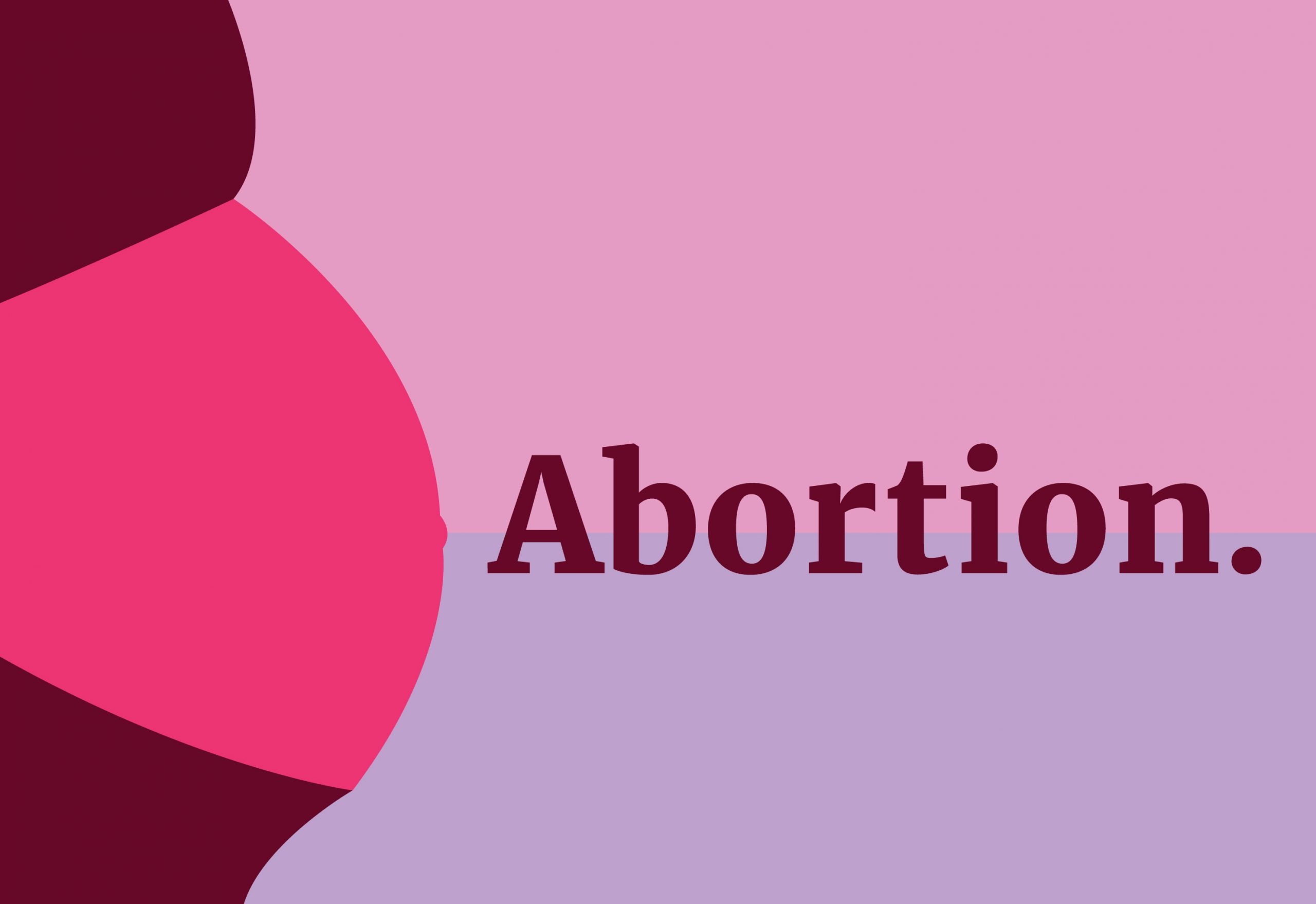By Shamaine Chirimujiri chirimujiris@dailynews.co.zw
THERE are growing calls for the country to review its outdated abortion laws to meet the modern needs of society.
So says the Women’s Action Group (WAG), which adds that the increase in the number of minors engaging in sexual activities underscores the urgent need for revamped policies.
Speaking to the Daily News at the weekend, the director of WAG, Edinnah Masiyiwa, said it was crucial to review the abortion laws to reflect what was going on in society.
“Let us break the silence on abortion, which is a taboo topic. Women and girls are dying from unsafe abortions.
“We need to discuss this openly and review our outdated Termination of Pregnancy Act. “Many women face unwanted pregnancies, but lack access to information and reproductive rights, especially young girls. “Even rape survivors are unaware that they can access safe termination of pregnancies under the current law,” Masiyiwa told the Daily News.
She added that there was a need to expand the circumstances under which abortion was allowed, considering the realities in the country and the prevalence of sexual activity among minors. “One major issue is that women often report rape late, and by the time they do, the pregnancy may be beyond 22 weeks — making abortion inaccessible.
“The requirement for a doctor to decide on the termination of a pregnancy in cases where the mother’s condition is in danger is also problematic given the scarcity of doctors in marginalised communities,” Masiyiwa said.
She also said authorities needed to do away with lengthy court processes that frequently exceeded the 22-week gestational limit before a woman could get approval for an abortion.
“When court processes exceed the 22-week limit, women are forced to seek more complex and potentially life-threatening procedures. “Streamlining approval processes is crucial to prioritise women’s well-being and safety,” Masiyiwa further told the Daily News.
“Rape on its own is stigmatised at community level. Women fear that they will be blamed if they are raped. “It’s time for authorities to rethink their approach and prioritise women’s health and autonomy,” she said further.
“The media should also use medically accurate language. For example, most journalists use emotionally charged terms like ‘aborting a baby’ instead of referring to a foetus. “Incorrect or sensationalised language can perpetuate harmful stereotypes and misinformation.
“By doing this, journalists can promote informed discussions, reduce stigma, and foster empathy,” Masiyiwa added. This comes after the government recently said 4 500 girls — some as young as 10 years old — were forced out of school last year after falling pregnant.
Enacted in 1977, the Termination of Pregnancy Act (TOP) allows for abortion when the pregnancy poses a risk to the woman’s life or may cause permanent physical harm, or if there is a likelihood of the child being born with severe physical or mental disabilities, and in cases where the pregnancy has resulted from cases of unlawful intercourse, including rape — but excluding marital rape and incest.




